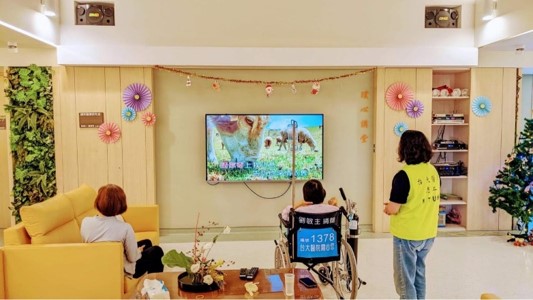
Each year, more than 50,000 people in Taiwan die from cancer. Unfortunately, many of these individuals experience severe physical, psychological, and spiritual distress at the end of life. In 1995, the Department of Family Medicine established and managed the Palliative Care Ward 6A2 to coincide with the National Taiwan University Hospital (NTUH) centennial anniversary.
To date, over 1,000 terminally ill patients and their families have benefited from our inpatient and home care programs, which aim to enhance quality of life by alleviating physical symptoms and psychosocial distress.

Education in Palliative Care
Palliative care education is integrated into various medical courses, including:
- Humanity and Medicine
- Family Medicine and Community Medicine
- Medicine and Life
- Life and Death
- Outpatient Department Training for Residents
Through these courses, second-year, fifth-year, and sixth-year medical students learn essential skills and knowledge for caring for terminal cancer patients.

Research and Development
To enhance care quality and develop a Taiwanese model of terminal care, the Department has undertaken 14 research projects supported by the National Science Council (NSC) and the Department of Health (DOH). These projects focus on various aspects of palliative care and aim to improve best practices in the field.
Commitment to Quality of Life
NTUH's Department of Family Medicine is dedicated to alleviating suffering at every stage of illness. Through the commitment of our palliative care team, we strive to realize the vision of ensuring that “the beauty of death mirrors the richness of life.”
